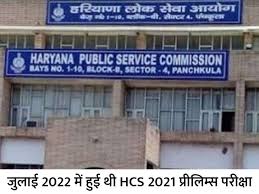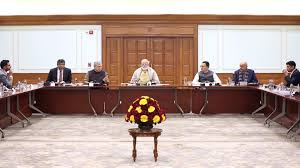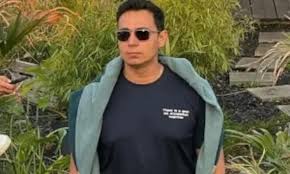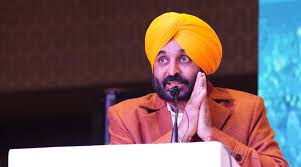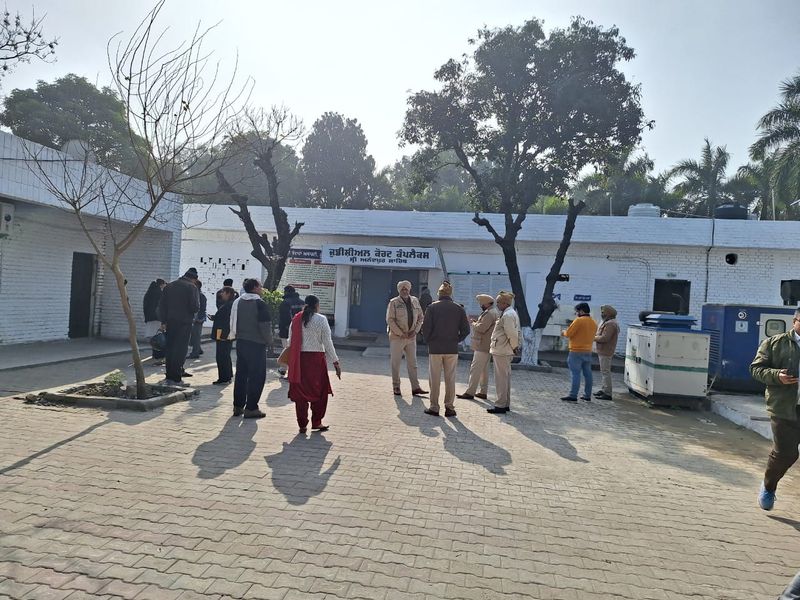Listen To This Post
Written by: Dinesh Sood
Thenewsdose.com
Retirement in India has long been synonymous with rest—a time to step back after decades of dedicated service. However, the landscape is changing. In an era defined by longevity, automation, and the digital economy, the notion of “retirement” is being redefined. A growing number of older Indians are taking control of their post-retirement years, viewing them not as an end but as an exciting new chapter focused on re-skilling, entrepreneurship, and lifelong learning.
Consider Gajendra Chauhan, a 62-year-old retired bank manager from Delhi, who recognised that rest was not enough after his years of managing loans and ledgers. He took decisive action by enrolling in a short-term online certification program in beauty and wellness management from a reputable edtech platform. There, he mastered salon operations, digital marketing, and client engagement. Within just a year, he launched Grace & Groom, a thriving wellness studio employing six young beauticians.
Similarly, Sushma Arora, a 58-year-old school teacher from Chandigarh, retired during the pandemic but saw it as an opportunity rather than an ending. Determined to stay engaged, she enrolled in a six-month coding bootcamp for non-tech professionals. With her daughter’s support, she began teaching “coding for beginners” workshops for children and homemakers. Today, her YouTube channel has over 50,000 subscribers, and she actively consults for a local NGO dedicated to promoting digital literacy among women.
These stories exemplify a powerful trend: retirees are harnessing their wealth of experience and using learning as a catalyst for reinvention. They demonstrate the immense potential of accessible and affordable learning opportunities for seniors, proving that retirement is merely the beginning of new adventures.
Engagement of Longevity Dividend
India’s demographic story is shifting faster than most realise. With better healthcare and longer life expectancy—now averaging 71 years—millions are entering an active “third age,” physically fit and mentally agile. Yet, only a fraction remain economically or socially engaged after retirement.
The traditional model—study in youth, work through middle age, retire in the 60s—no longer fits a century-long life. The challenge is clear: as people live longer, they need to continue learning for longer. The World Economic Forum calls this “the 100-Year Life Economy,” in which continuous reskilling is essential not just for employment but also for purpose and mental well-being.
Global Lesson
Countries like South Korea and Japan have already recognised this demographic opportunity. South Korea’s “Senior Colleges” and Japan’s “Silver Jinzai Centres” offer low-cost reskilling in fields ranging from digital marketing to caregiving and social entrepreneurship. In Seoul, the Seodaemun Silver Learning Centre trains more than 10,000 retirees annually, enabling many to re-enter the workforce or start community ventures.
These models show that investing in senior learning infrastructure is not charity—it’s smart economics. A 2023 OECD report found that countries with higher senior labour participation also report lower healthcare costs and higher social cohesion.
A Missed Opportunity
In India, the potential is vast but largely untapped. According to NITI Aayog, nearly 4.5 crore Indians are currently aged 60 or older and economically capable of participating in meaningful work. Yet, very few avenues exist for structured reskilling post-retirement.
While edtech firms like UpGrad, Coursera, and Unacademy have begun offering lifelong learning courses, their marketing primarily targets young professionals. Meanwhile, the Ministry of Skill Development and Entrepreneurship (MSDE) and the National Skill Development Corporation (NSDC) focus primarily on youth employability rather than senior inclusion.
However, some early experiments are promising. The Tata STRIVE initiative, in partnership with community colleges, has piloted “encore career” programs for retired professionals in urban centres. Similarly, Kerala’s Kudumbashree Mission has begun engaging retired government employees as mentors for women entrepreneurs.
Reskilling Matters: Economically and Emotionally
Beyond economic logic, lifelong learning offers profound psychological and social benefits. Studies by the Harvard School of Public Health link active engagement in later life with 30% lower risk of depression and cognitive decline. Learning new skills also fosters intergenerational connection—where seniors mentor younger workers or collaborate on digital platforms.
Moreover, as India grapples with youth unemployment, retirees with reskilled expertise can fill vital mentoring and advisory roles in small businesses, startups, and social enterprises—amplifying both productivity and purpose.
Building a Lifelong Learning Ecosystem
India needs to mainstream senior reskilling into national policy. Three steps can make this vision real: First, Community Learning Hubs: Public libraries, post offices, and panchayat bhavans can be converted into Senior Learning Centres equipped with digital access and partnerships with edtech firms. Second, Incentivised Edtech Inclusion: The government could offer tax rebates or CSR credits to private institutions that design senior-friendly learning modules—covering entrepreneurship, digital literacy, or beauty, wellness, and health tech. Third, Public–Private Mentorship Networks: Retired professionals could be paired with youth startups through national mentorship platforms, bridging experience with innovation.
From Dependents to Contributors
The new retirement story is not about dependence but contribution. India’s retirees are not a burden—they are an untapped reservoir of wisdom, skill, and resilience. With the right ecosystem, they can become active players in the economy’s next phase—teachers, trainers, entrepreneurs, and social innovators.
As Mahatma Gandhi once said, “Live as if you were to die tomorrow. Learn as if you were to live forever.” In the age of longevity, that spirit of lifelong learning may be India’s most sustainable form of wealth.
-The writer is Co-Founder and MD of Orane International, a Training Partner with the National Skill Development Corporation (NSDC), and a Network Member of India International Skill Centres(IISCs), an initiative of the GoI. View Express is personal.







